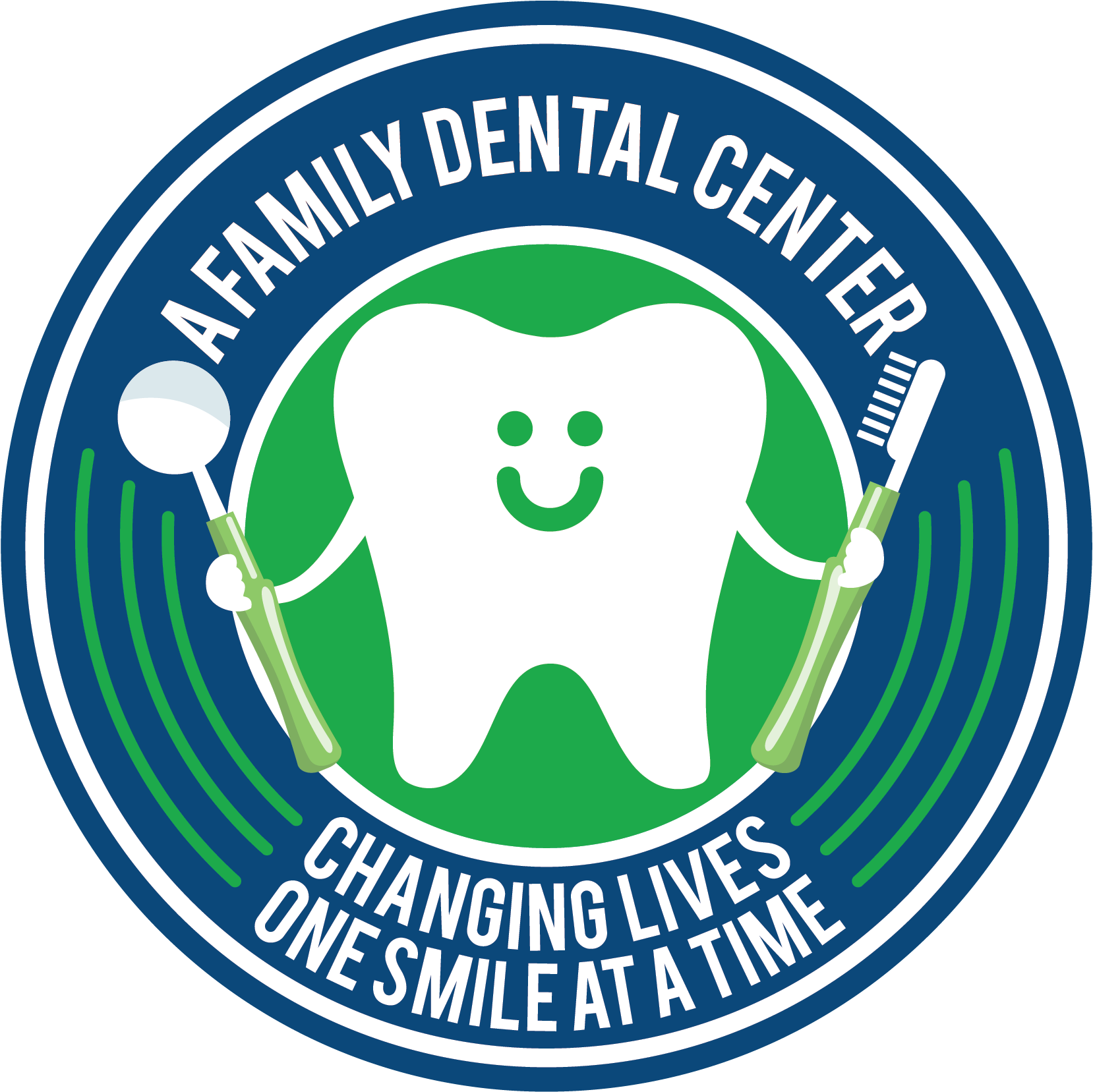
When Dental Emergencies Happen, A Family Dental Center’s Expert Dental Team is Here to Help
At A Family Dental Center, we understand that dental emergencies can happen when you least expect them. Whether you’re experiencing severe tooth pain, a broken tooth, or any other dental issue that needs immediate attention, our experienced Kennewick dental team is ready to provide quick and compassionate care.
Common Dental Emergencies We Treat
- Severe Tooth Pain: Often triggered by cavities, cracks, or infections, requiring immediate diagnosis and relief.
- Broken or Chipped Teeth: Resulting from accidents or hard bites, they can lead to pain and aesthetic issues.
- Knocked-Out Teeth: A pressing emergency, typically from trauma, where timely attention can mean successful reattachment.
- Lost Dental Fillings or Crowns: Can expose the tooth to decay and cause discomfort, signaling a need for swift repair.
- Gum Infections: Indicated by red, swollen, or bleeding gums, hinting at underlying issues that can affect bone and teeth.
- Abscesses: Painful, swellings due to infections that can spread if not promptly treated.
- And More
Frequently Asked Questions About Dental Implants
Dental implants are advanced dental devices used to replace missing teeth. They consist of a titanium post that is surgically implanted into the jawbone, acting as a root for a false tooth (crown). Over time, the implant fuses with the bone, providing a stable and durable foundation for the replacement tooth.
With proper care and maintenance, dental implants can last a lifetime. The success rate of dental implants is very high, and they are designed to be a permanent solution for tooth loss. Regular dental check-ups and good oral hygiene are essential to ensure the longevity of your implants.
The procedure to place dental implants is typically performed under local anesthesia, so you shouldn’t feel pain during the surgery. Post-operative discomfort is usually minimal and can be managed with over-the-counter pain relievers. Most patients report that the discomfort is less than they expected and is significantly less than the discomfort of a tooth extraction.
Caring for dental implants is similar to caring for your natural teeth. This includes regular brushing and flossing, using an antibacterial mouthwash, and attending routine dental check-ups and cleanings. Although implants cannot decay, they can still be affected by gum disease, so maintaining good oral hygiene is crucial.
Most people who are in good general health and have sufficient bone in their jaw to support an implant are candidates for dental implants. Conditions like uncontrolled diabetes, cancer, radiation to the jaws, smoking, alcoholism, or uncontrolled periodontal (gum) disease may affect whether dental implants will fuse to your bone. It’s important to disclose your full medical history to your dentist during the consultation.
